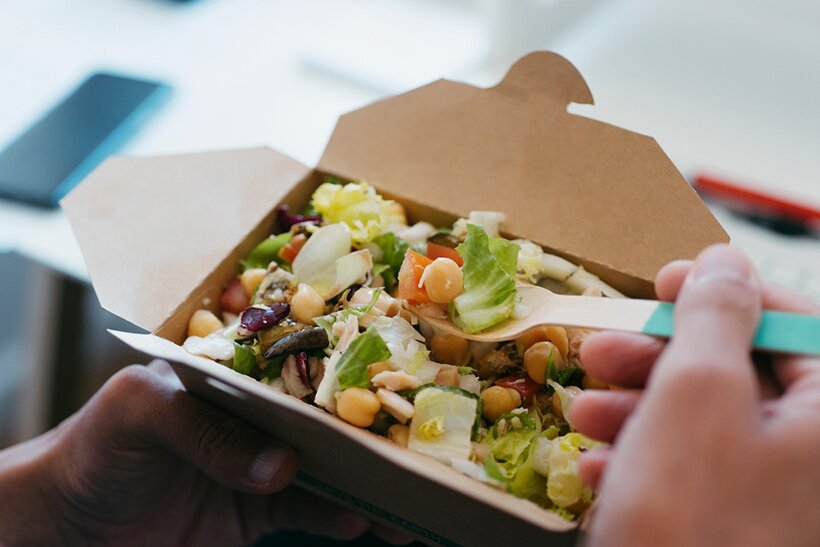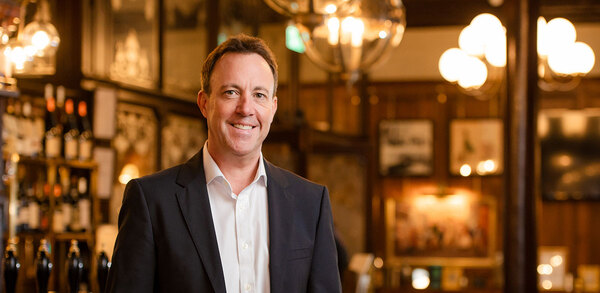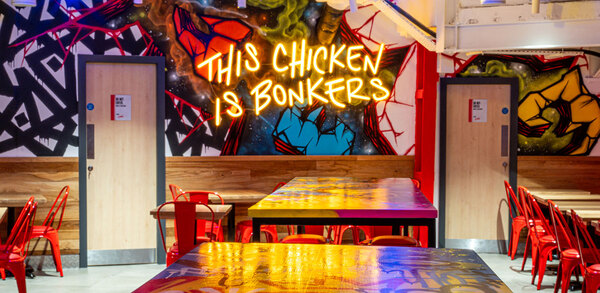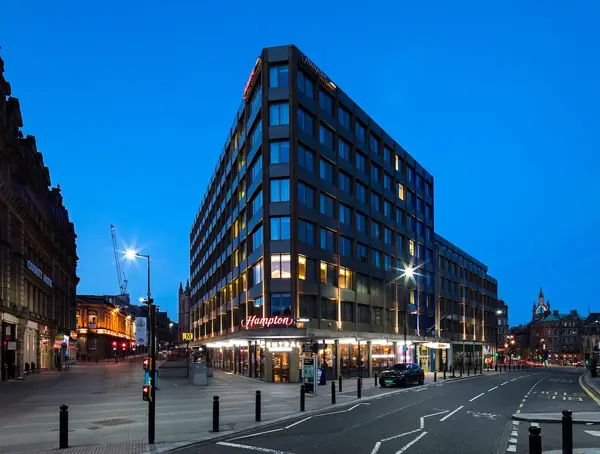Supporting caterers with ESG and value chain planning for net zero
Like many, did your new year resolution centre around something to do with sustainability and your carbon footprint?
The team at food procurement experts, allmanhall are acutely aware that we are facing some very large, complex and interconnected environmental challenges. And that the food and catering sector has a part to play. Exponential global population and wealth growth are fuelling our demand for ever more resources and energy, whilst the restorative power of planet remains fixed. As we become more powerful our planet becomes more fragile. Climate change is one of several material environmental challenges facing us, alongside biodiversity loss, pollution, water scarcity, the health of our oceans and the challenge of how to feed a growing global population sustainably, healthily and equitably.
Whilst these interconnected issues require global system change, we are also obliged to play our part in taking positive steps through the way in which we operate as individuals and as organisations and communities. Change needs to happen quickly, and at all levels - top down and bottom up. These challenges also call for a rethink, including how society assigns value to nature and what value society is prepared to place on the health of our people and planet.

Here are several simple areas to consider. Exploring these can help us, in the food and catering industry, to collaborate and redress some of the balance…
Global issues require global responses which is why any approach or plan should incorporate the 17 United Nations Sustainable Development Goals as societies, organisations and governments translate these goals into action. Take time to familiarise yourself with these. They are a global call to action for some of our most challenging issues.
Take action to tackle climate change. Time is rapidly running out and our actions over the next two decades will determine our future. The IPCC sixth assessment report shows that we will probably reach 1.5˚c of warming within the next two decades and we need to cut emissions significantly to prevent the worst outcomes. 2˚c warming is risky and best estimates show a high emissions pathway leading to a catastrophic 4.4˚c by 2100. Joining the Science Based Targets Initiative is one way you can take action.

Up to a third of global greenhouse gas emissions come from our food systems. You could make a difference by taking these simple measures in relation to the foods you buy and the ingredients, processes and technology you use in your catering operation…
Using carbon footprint technology like Foodsteps to calculate recipe emissions. Healthy, tasty, nutritious and climate friendly meals can be identified and labelled as ‘hero’ dishes. It is also a helpful way to engage diners and staff by clearly communicating the carbon intensity of different food types.
Recognising that transportation is usually only a small element of the carbon footprint of food. It is about what you eat, not necessarily where it comes from. In climate terms ‘local’ is only good sometimes. Instead, a move away from the global dietary trend of more meat and dairy to less will reduce both carbon footprint and help to reduce costs. Livestock alone contributes 14.5% of human produced global greenhouse gas emissions. You may also look to eliminate airfreighted produce: only 1.5% of imported fruit and vegetables travel by air but account for 50% of all fruit and vegetable transport related emissions. Out of season produce grown in energy intensive UK greenhouses can have significantly higher environmental impacts than those grown overseas, outdoors and travelling many miles by sea or road. To check produce seasonality, take a look here.
Appreciating what lies behind our food, the environmental impacts of our food systems and the value of nature… The World Economic Forum estimates that 50% of global GDP is derived from natural resources, so let’s look after it! Climate change cannot be tackled without eliminating deforestation and 12 million hectares of forests are destroyed annually. 70% of tropical deforestation is due to the production of agricultural commodities such as soya, palm oil, beef, pulp, timber and paper. You can help by ensuring that soya, palm oil and paper products are all sourced from certifiable sustainable sources. This should include mapping them as ingredients within more complex products. Soya and palm oil are not the problem, it is how they are grown that is. As well as what’s taking place on land, 90% of global fish stocks are fully or over exploited. To help combat this, you can make sure that fish products in your catering operation are sustainably sourced by choosing products that are on the Marine Conservation Society ‘Fish to Eat’ list and never purchase items on the ‘Fish to Avoid’ list.
Identifying and eliminating problematic and single use plastics. Up to a third of all plastic packaging, 47 million tonnes, leak from our collection systems annually. To make a positive difference you can cut out plastics such as polystyrene, PVC cling film, non-compostable bags, single serving plastic sachets and plastics that cannot be detected by near infrared (NIR) sorting systems.
-Taking food waste seriously as it impacts climate change. The UK foodservice and hospitality sector throws away 1.1 million tonnes of food annually and, according to WRAP, seventy-five percent is avoidable. One kilo of food waste is equivalent to throwing away three kilos of CO2e and circa 30% of all food produced for human consumption is never consumed. You can measure the amount of catering food waste at each production stage: preparation, spoilage, plate & over production. Segregation of all waste streams can be used to better enable for recycling and it can help to align your waste management to the capabilities of your local recycling facilities. You may already be looking at ways to recycle your used cooking oil - again, good for the planet and your budget at times when energy and utilities costs are high!

Measuring the impact of your actions to assess progress and to communicate the benefits is key. Setting targets and pledges show good intent though it is essential that these good intentions lead to quantifiable improvement rather than simply ‘greenwashing’. You may consider tweaking your new year’s resolution to instead include joining schemes like the Science Based Target Initiative (SBTi). This will help validate your decarbonisation ambitions and ensure that your climate reduction targets are in line with the latest climate science.
For more information, please do speak to the award-winning team at food procurement specialists, allmanhall who will be happy to provide support regarding ESG and value chain planning for your catering operation. allmanhall provide full management of the catering related supply chain because, in 2023, good food shouldn’t cost the earth.
The allmanhall team have been making some new year resolutions! Click to read more.
















